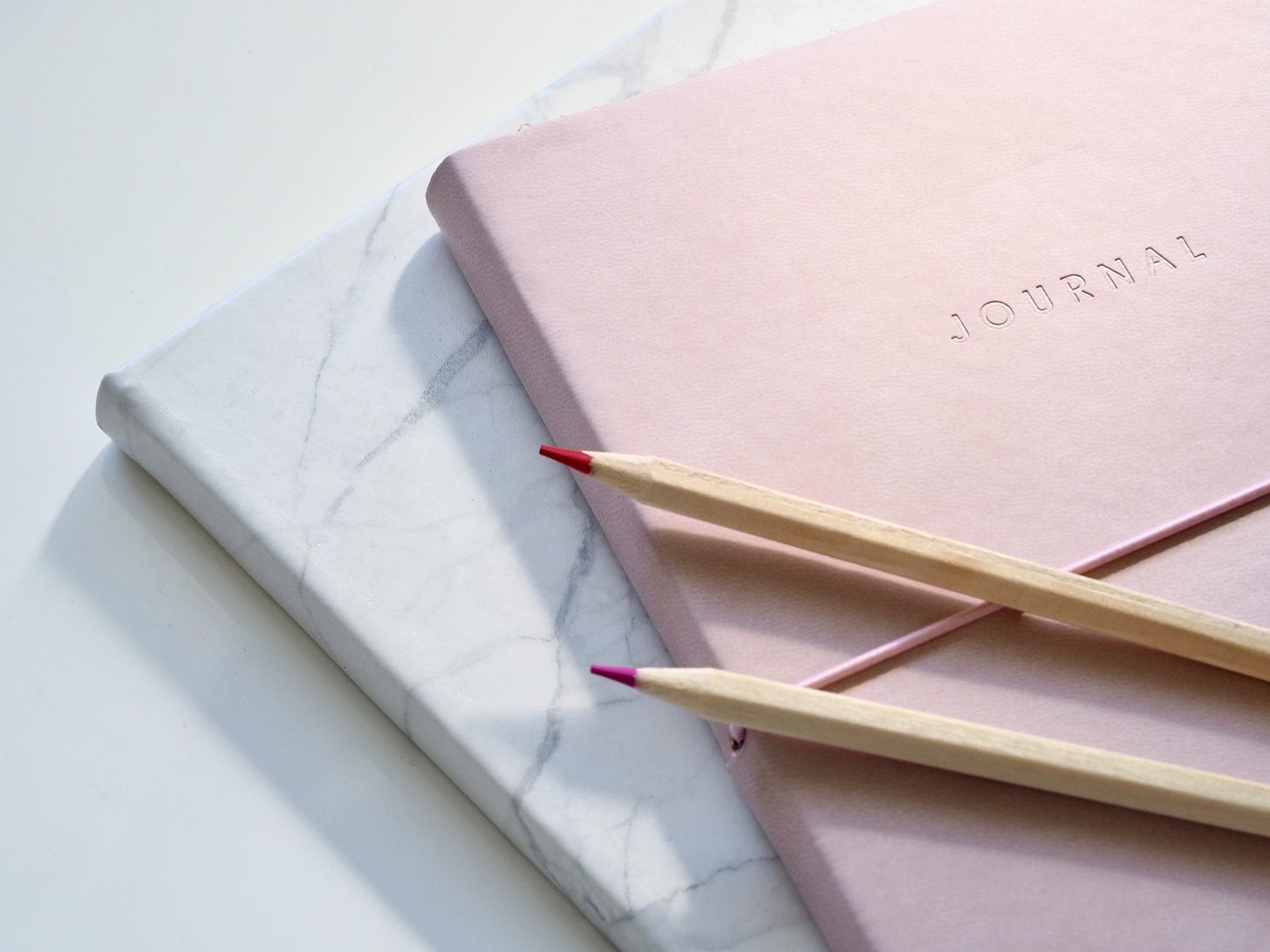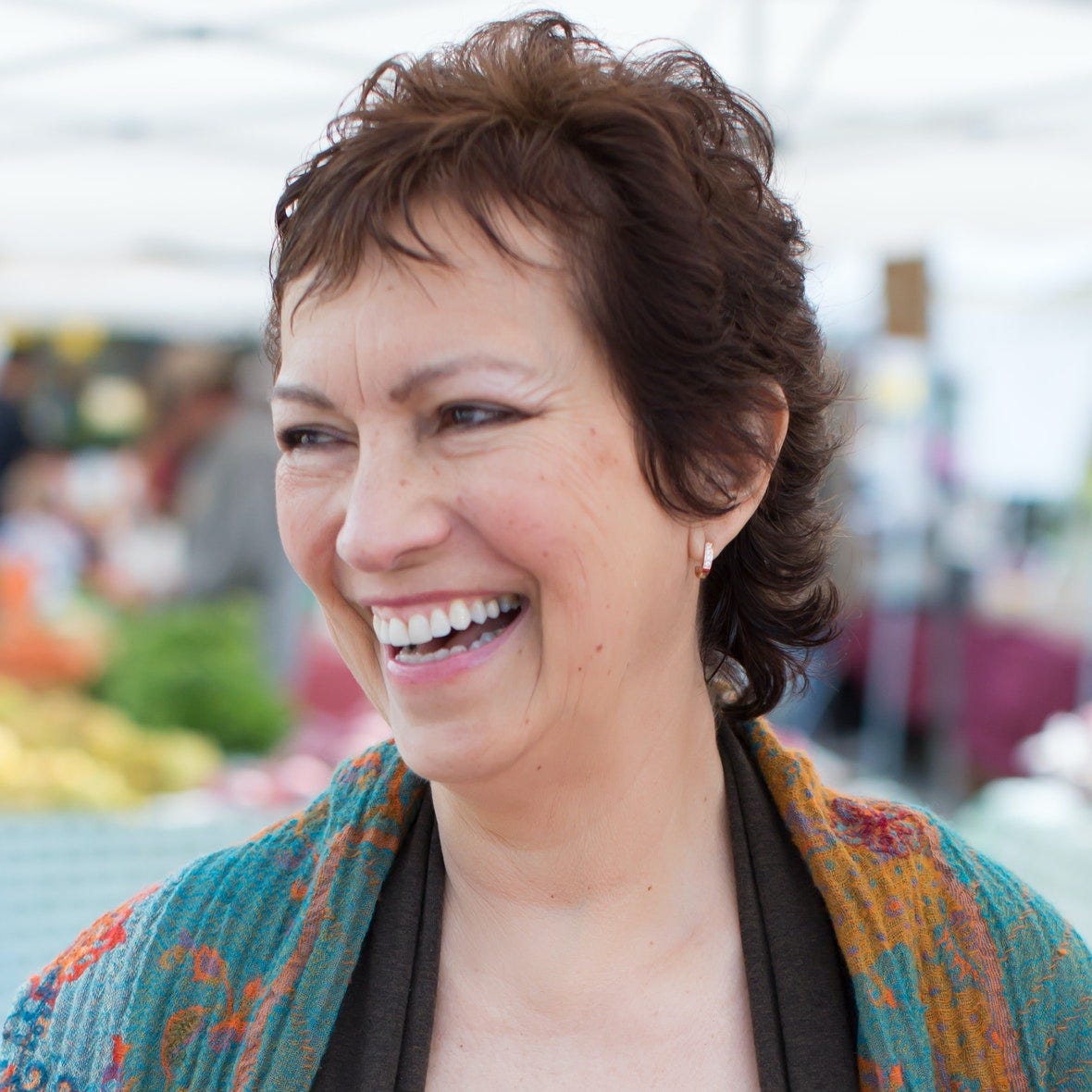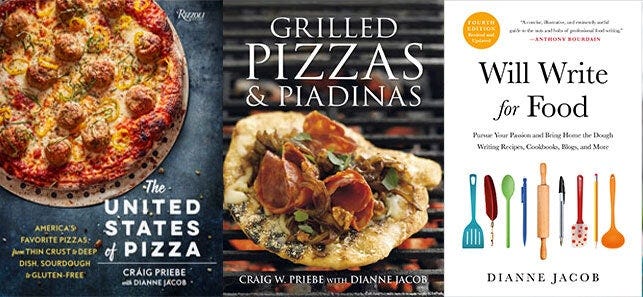Try These Writing Prompts on Goals
Expand your understanding of yourself and your work.
What makes a good prompt? Something to get you writing? Or, something that makes you look at your purpose as a writer? That’s a bit more unusual.
A while ago I went to a Substack meeting IRL (in real life). The organizers gave out discussion prompts. Some made me nervous. I didn’t want to feel judged by strangers. But I did talk about this newsletter, and how I wonder, sometimes, if my work is still relevant.
Working through discomfort can be a good thing. Th first prompt below allowed me to explore my relevance with a small group of other writers. Turns out they were impressed by my decades as a writer and editor and reassured me about my skills and usefulness. I felt relieved!
Here are some prompts from that day:
What are you afraid of, or need help with? Vulnerability is interesting.
What are you writing about and what’s one of your biggest challenges around that?
Why are you writing and what do you aim to create?
What is something you’d like to do as a writer but you’re afraid of or not sure what to do?
What’s the most significant thing that’s happened in your life as a writer in the recent past?
I hope you’ll write a few paragraphs about at least one of these, to see what comes up. They explore your relationship to writing, rather than bringing about a story. They might tell you something about yourself and your work.
I’d also like to hear about what kind of writing prompts you enjoy. Do you have a favorite?
(I put prompts at the end of each chapter in Will Write for Food. They were fun to write.)
Books I’m Discussing
I’ve been writing mini reviews of cookbooks and food memoirs on Instagram. Why not follow along? And if your book comes out soon, send me an email.
Starting Soon: 2 Spots Left!
Jumpstart Your Cookbook Proposal
Three Sundays on Zoom: February, 11, 18 and 25, 2024
10 a.m.-1 p.m. PST/ 1-4 p.m. EST
Three-hour classes weekly through Civic Kitchen
10 students maximum
$425
Want to write a cookbook or food memoir? To get it traditionally published, you’ll need a stellar cookbook proposal. Cookbook proposals are long, sometimes 50 pages. They are a cross between a business plan, a sales pitch and an explanation of your book.
Perhaps you’re not sure what to write, whether your idea can succeed, or you would like accountability and support, then this is the class for you. And I’ve kept the class small—just 10 students—to leave lots of time to discuss whatever comes up for you.
You’ll get lots of strategic insider advice gained from my decades of teaching, writing and coaching about cookbooks; judging them for national awards; and co-writing two with a chef. I will lay out how the publishing industry works and what editors and agents look for in a professional proposal.
You’ll learn what’s included in each proposal section. During class, you will write first drafts of several sections and get valuable feedback. At the end of three weeks, you'll have a solid start, and new ideas of how to make your proposal irresistible to an agent or editor.
You don’t have to have your idea sorted out before you register. And if you miss a class, there’s a video to watch afterwards.
Here’s what one student had to say:
“Dianne teaches an incredibly practical, thoughtful, and interactive course. You will leave the class with a big head start on your proposal, plus the framework to get it done. During the course, you'll connect with your classmates, who provide thoughtful feedback and encouragement on your cookbook-writing journey. I highly recommend this course for anyone who's ever thought about writing a cookbook. You won't regret it." - Martin Sorge, @martinsorge on Instagram, winner of The Great American Baking Show
Private Consults
Through a partner, Delicious Experiences
One-hour consult: $250
For years, I had a five-hour minimum for consulting. Now you can book a Zoom consult for just one hour or more. If you want to write a cookbook, get published or get better freelance assignments, let’s move you forward.
What I’m Reading
After an eye-opening November article in The Atlantic that investigated far-right extremism on the platform, 247 Substack writers published an open letter asking the company to clarify its policies. A few days later, Substack co-founder Hamish McKenzie responded in a disappointing blog post. Most recently, Substack removed some newsletters amid growing pressure to do so. James Beard award-winning Substack writer Hanna Raskin, for one, announced that she is leaving the platform.
Spring 2024 Adult Preview: Cooking & Food. What’s coming up according to Publishers Weekly.
How Does This Idea Sound to You? A literary agent and publisher explains why you shouldn’t dash off a quick note to an agent.
Look Things Up: Goaded by Elizabeth David to be better than I am. An essay about an “influential and exquisite” food writer who seems forgotten these days. Followed by another post, Josh Dissects Food Writing. I watched the video in this post, which I had never seen before. What a character! And I don’t like it that Ozersky dissed M.F.K.
Why David Lebovitz Switched from Blogging to Substack. Turns out he’s making four times what he made as a blogger. But that’s not why! (And thanks for the mention, David.)
This Year, Ask Yourself What Kind of Writer You Want to Be. On starting a new project, making a choice, and tending to your creative self.
Women of color have always shaped the way Americans eat. Interviews with recent cookbook publishers about their experiences with white-owned and led publishing houses.
The Zuni Café Cookbook Is Canon. The cookbook has a “quiet, unfussy elegance,” says the author.
Ree Drummond, the Pioneer Woman, on Casseroles and Cooking for an Empty Nest. She’s got a new cookbook since the kids left home.
How to Do a Virtual Book Tour on Substack (or anywhere online). A long post with lots of useful, practical info.
How I start a new book. Ten tips from bestselling author Katherine May on how to keep your writing sustainable, orderly and sane.
How Do I Know If I Have a Good Idea? Test your book idea with this newsletter post.
With Wit and Understatement, a Press Veteran Reflects on His Trade. Calvin Trillin’s new book about journalism, called The Lede.
A New Video Interview
Subscriber Debra Eckerling interviewed me for TasteBuds with Deb, an interview through the Jewish Journal. I talk about my culinary upbringing as the daughter of Iraqi Jews from China, and about the time I “poisoned” a kid on my block. You’ll also find tips on food writing and a rant about salt. Watch it on YouTube or iTunes.
News from Clients and Students
Mary Cressler and Sean Martin of Vindulge announced a second cookbook, Fire & Wine Pizza, which debuts in Spring 2026 from Sasquatch.
Taffy Elrod’s The Junteenth Cookbook is available for pre-order.
Andrews McMeel will re-release Nancy Hachisu’s Preserving the Japanese Way (2015) in trade paperback.
Warren Publishing published Jorj Morgan’s new cookbook, You Can Cook Any Thing: A Guide for Newly Inspired Cooks! Eggs, Waffles, Cheese & Noodly Things.
Martin Sorge has been writing for Food & Wine: Your Biggest Pie Baking Questions Answered, Bake This Fruit-Filled German Christmas Bread for the Holidays, and The Different Types of Baking Yeast, and When to Use Them.
Punch published Nico Vera’s story about an Afro-Peruvian pisco cocktail.
Thanks for Reading
Like this newsletter? Please forward it to a few people or share it on social media. It really helps me reach more people. New subscribers can sign up here. Thank you.
If you enjoyed this post, please click on the little ❤️ below ⬇️.
Dianne Jacob
Editor, Writer and Coach
Email: dj@diannej.com
Website: http://diannej.com
Twitter/X: https://twitter.com/diannej
Facebook: https://www.facebook.com/foodwriting
Instagram: https://www.instagram.com/diannemjacob






These writing prompts are very insightful. It's easy to stick to what you're used to. Addressing the fear of writing can lead to growth.
I have been savoring “Will Write for Food” for a few months now--chock full of info, tips and, yes, those end-of-chapter prompts. Highly recommend!